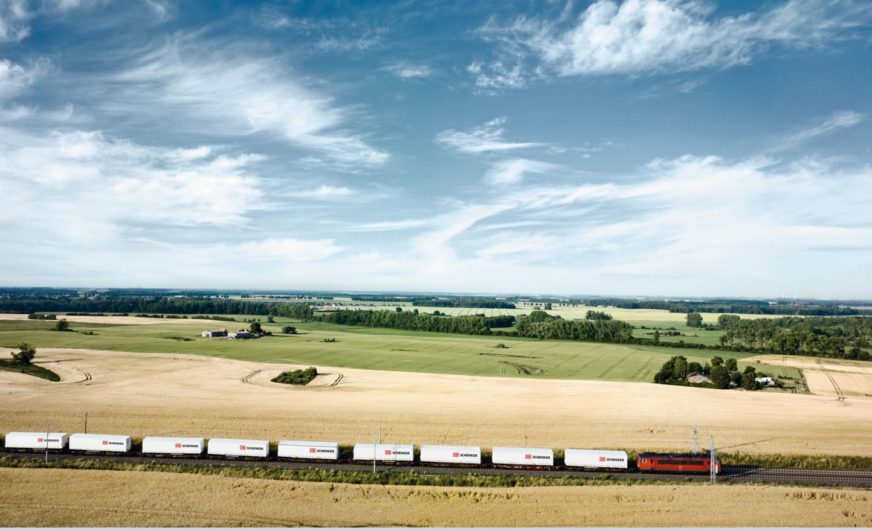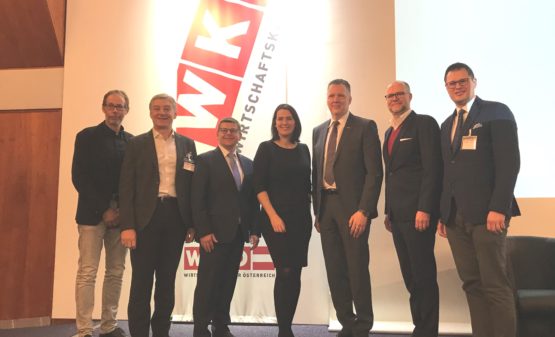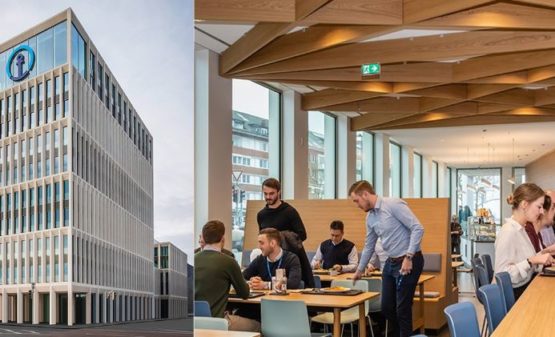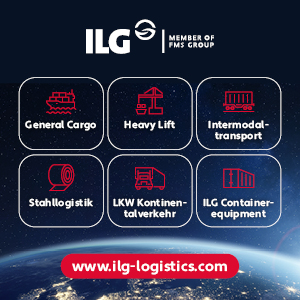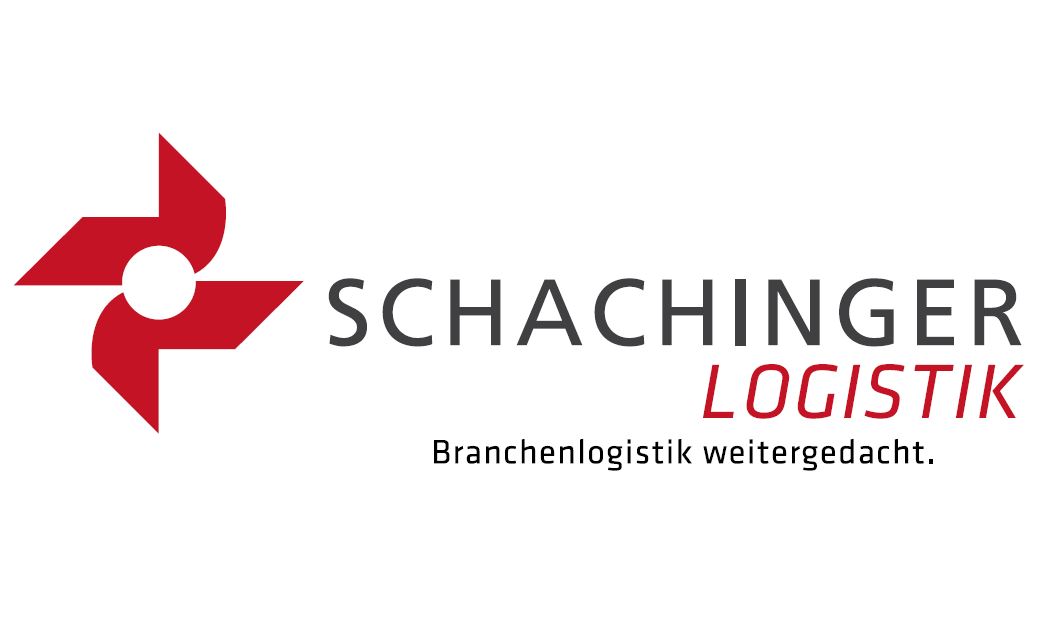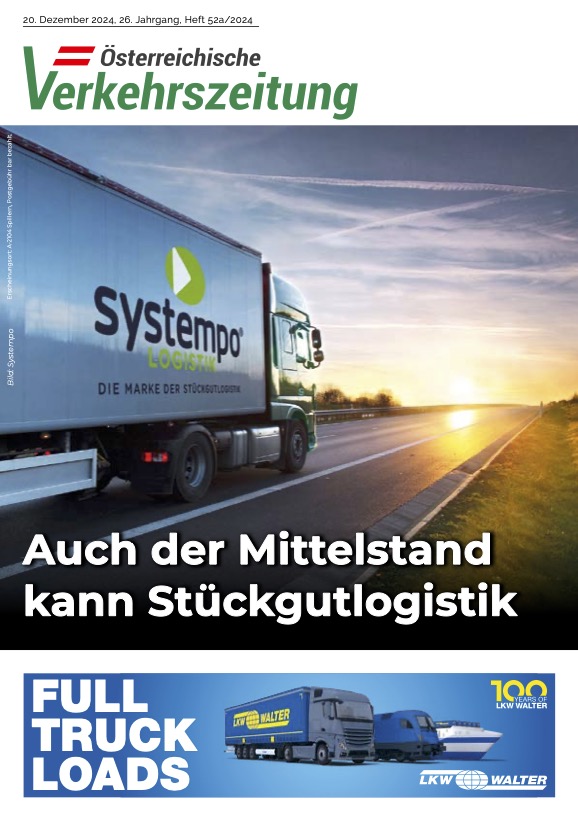The Management Board of Deutsche Bahn AG has presented its new “Strong Rail” strategy to the Supervisory Board in a day-long extraordinary meeting. In the future, the company will focus on consistently upgrading its core business.
“Germany will only meet its climate targets if we succeed in shifting traffic to rail on a massive scale over the next decade,” said DB CEO Dr. Richard Lutz. “DB acknowledges the responsibility we bear in society and we are focusing all of our efforts on building a strong rail system.” DB Schenker strengthened the European rail freight transport business and was thus an integral part of the group’s portfolio.
The core messages of the new strategy at a glance:
-) Strong Rail focuses on the core business. The Strong Rail strategy and its implementation serve to guide DB into the future. DB will consistently assess its shareholdings based on their contribution to Strong Rail. As such, DB Schenker is viewed as providing key support to DB Cargo on its path to profitable growth. DB Arriva has little strategic relevance to building a strong rail network and should thus be sold.
-) DB Cargo will raise its rail traffic volumes in Germany by 70 per cent.The goal for DB Cargo is clear: to increase traffic volumes in German rail freight transport by 70 per cent, for example by purchasing more than 300 new locomotives. DB Cargo still has a long and arduous period ahead to achieve this turnaround. However, DB is determined that Cargo will make a contribution to climate protection, specifically by increasing its market share in rail freight transport from the current 18 per cent to 25 per cent in a growing market. DB is also working with policymakers to find an economically viable, sustainable solution for single freight car transport, for example by investing in modernisation and making it easier for customers to access the rail network.
-) DB will work with the German government to expand rail network capacity by 30%. To be able to handle the growth in passenger and freight transport, DB will add 350 million train-path kilometers (t-p km), a 30 per cent increase in capacity, to the German rail network. This will be achieved by upgrading the system, utilizing technological innovation and digitalization, and through more efficient use of existing capacity. Capacity-friendly construction will play a key role in this context.
-) DB will enter a new era with Digital Rail for Germany.The kick-off packet of DB’s Digital Rail for Germany Group program will help the company enter the digital era in rail operations. This represents a big technological leap and will improve capacity, quality, reliability and efficiency.
-) DB will hire 100,000 new employees in the coming years.DB is hiring at a time when most major companies are reducing their headcounts, and doing so on a massive scale. Over the next few years, some 100,000 employees will need to be recruited, trained and integrated for DB to reach its ambitious goals.


